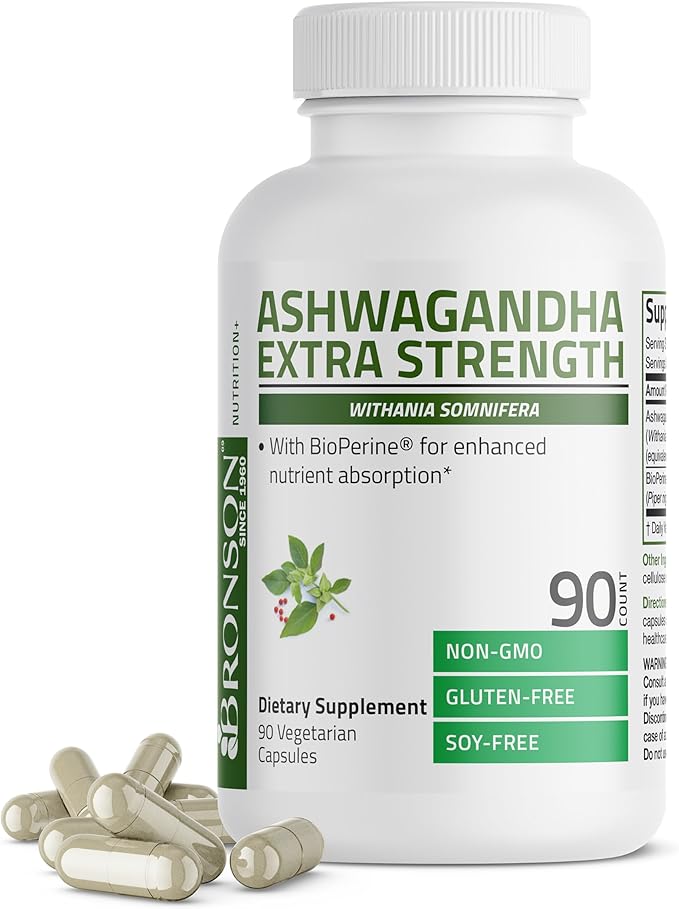Can you take Alpha Linolenic Acid and Flaxseed Oil together?
Interaction Details
Taking Alpha Linolenic Acid and Flaxseed Oil together has the potential for great synergy, suggesting a rating of 5 out of 5.
Alpha Linolenic Acid (ALA) is an omega-3 fatty acid found in high amounts in flaxseed oil. In fact, flaxseed oil is primarily composed of ALA. Therefore, taking both supplements together would be redundant, as you would essentially be doubling up on the same compound. However, if we consider the intent might be to combine a more concentrated or purified form of ALA with a broader spectrum of nutrients found in flaxseed oil, then there could be a rationale for synergy. Flaxseed oil contains not just ALA but also other beneficial compounds like lignans, which have antioxidant properties. The combination could potentially enhance the benefits of ALA, such as cardiovascular health and anti-inflammatory effects, with the additional benefits of the other compounds in flaxseed oil. However, given that one is essentially a component of the other, the synergy rating primarily reflects the lack of interaction beyond simple addition of similar benefits.
Potential Benefits
Potential Risks
Related Studies
Alpha Linolenic Acid
Alpha-Linolenic Acid (ALA) is an omega-3 fatty acid found in plant-based foods such as flaxseeds and walnuts. It is considered an essential fatty acid because the human body cannot produce it on its own.
Some benefits of ALA include supporting heart health and reducing inflammation.
Flaxseed Oil
Flaxseed Oil is a dietary supplement extracted from the seeds of the flax plant, rich in omega-3 fatty acids, particularly alpha-linolenic acid (ALA).
Some of its benefits include supporting heart health, reducing inflammation, and promoting digestive health.
